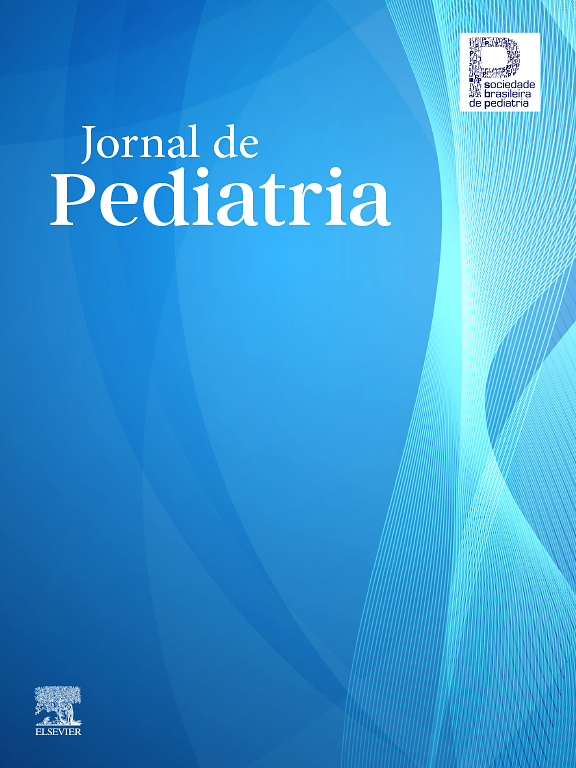This paper reports a study assessing risk factors for low birth weight (LBW), preterm and intrauterine growth retardation (IUGR) in a sample of 936 mothers who delivered babies in the Canguçu Hospital, a rural area of southern Brazil. Traditional risk factors for delivering LBW, preterm and IUGR were examined. The relative importance of the risk factors was studied through risk calculation and logistic regression analysis. Some risk factors for LBW such as low maternal education and number of prenatal consultations were not associated with the risk of delivering babies in any of the three risk groups. Hospitalization during pregnancy and maternal age less than 20 years were confirmed as risk factors for LBW. In the preterm group, low maternal weight and hospitalization during pregnancy showed significant association after control for confounders. The results suggest that there are specific targets for intervention in each of the three groups, and some traditional risk factors must be redefined according to the characteristics of each population.
The Impact Factor measures the average number of citations received in a particular year by papers published in the journal during the two preceding years.
© Clarivate Analytics, Journal Citation Reports 2025
SRJ is a prestige metric based on the idea that not all citations are the same. SJR uses a similar algorithm as the Google page rank; it provides a quantitative and qualitative measure of the journal's impact.
See moreSNIP measures contextual citation impact by wighting citations based on the total number of citations in a subject field.
See more








